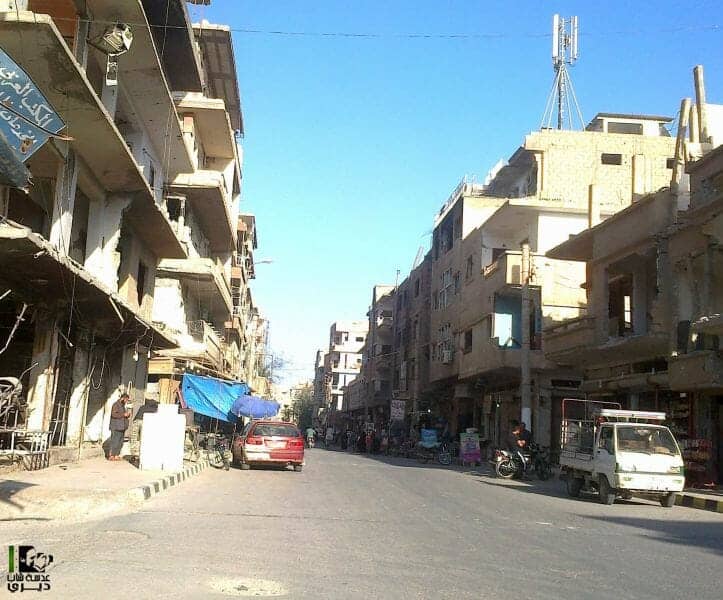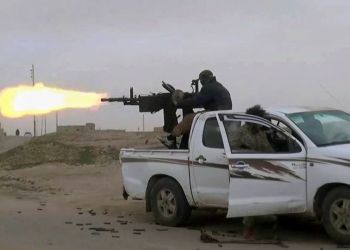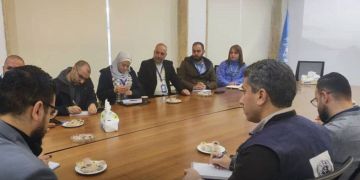This post is also available in:
![]() العربية
العربية
The besieged areas of Deir Ezzor are experiencing deplorable conditions due to the siege that has been imposed on them for around a year and eight months by Daesh. It has had a severe impact on medical services, as the region now faces a severe lack of medical staff and medicines.
There are four hospitals that function effectively and receive patients on a daily basis in the besieged areas; they provide medical treatment within the resources at their disposal. There are also four medical centers, an emergency clinic and one medical point. However, the medical stuff, due to the current siege conditions, have left the besieged areas for Turkey or other Syrian provinces, causing a shortage of medical stuff in all specialities.
The besieged areas are also undergoing a critical shortage in all different types of medicines, which sometimes are available in limited amounts at the private pharmacies, their price has risen dramatically.
Months ago, the Health Directorate run by the Assad-regime distributed pills containing vitamins to children in the besieged areas , it also distributed biscuits and peanut butter, which were delivered by humanitarian organisations, to children below the age of five suffering from malnutrition in order to compensate the shortage of food.
The vaccines in the besieged areas can still cover the need of civilians. Several vaccine campaigns have been launched so far, including a vaccine campaign against polio and other diseases. Thanks to these campaigns, all diseases have been contained, eliminated and cured completely.
The hospitals are able to provide various types of surgical treatments within the available resources and medical specialities. Al-Shaheed Ahmed Huweidi hospital cooperate with other hospitals by sterilising the surgeries. However, there is a lack of medical devices at the hospitals, some devices like Foot Drop Implants, Cardiac Defibrillators and Artificial Kidney device are few in number and limited to certain hospitals.










